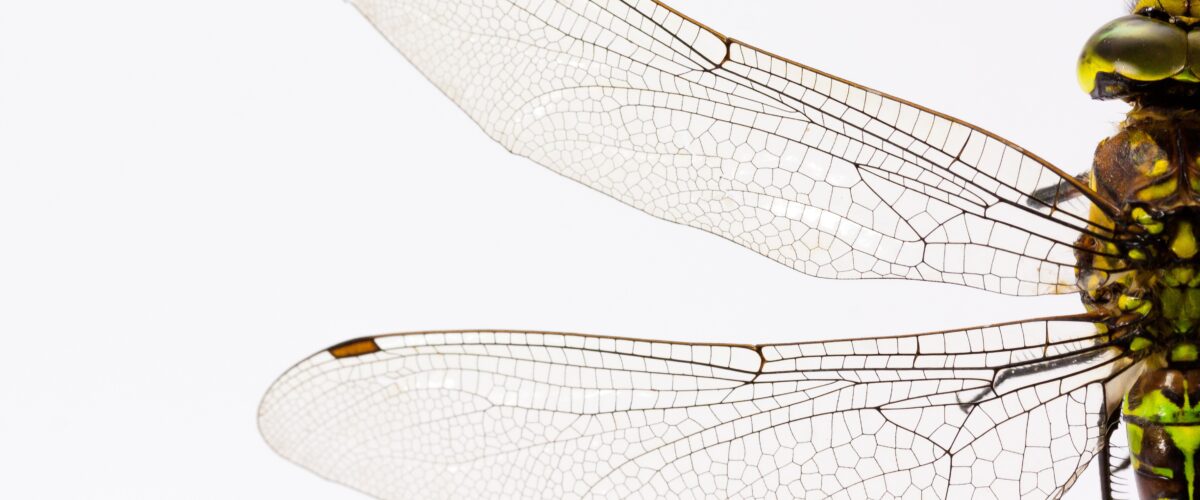artikel | 05 nov 2020
Recent interpretation of EU law allows sale of insects as food on the Swedish market

Following a highly anticipated judgement from the Court of Justice of the European Union (C-526/19, Entoma SAS vs. Ministre de l’Économie et des Finances and Ministre de l’Agriculture et de l’Alimentation), whole insects can now be sold as food on the Swedish market during a transition period. This article describes the background to the judgement, as well as its implications for the insect-based food industry in Sweden.
Background
EU regulation 258/97 defines ‘food’ as novel foods if it has not been used for human consumption to a significant degree within the EU before 1997 and fell within certain specific categories including ‘food ingredients isolated from animals’. As a result of scientific and technological developments since 1997, EU regulation 258/97 was repealed and replaced on 1 January 2018 with the entering into force of EU regulation 2015/2283. The new regulation expanded the categories of novel foods.
Based on transitional measures in the new regulation, ‘foods’ that have not been covered by the scope of EU regulation 258/97, lawfully placed on the EU market by 1 January 2018 and are pending an application for authorisation by the EU Commission under EU regulation 2015/2283 may continue to be placed on the EU market until the EU Commission takes its decision, provided that the application for authorisation has been filed with the EU Commission no later than 2 January 2020. The transition period expires once the European Commission has made a decision on an application for approval. If the food is approved it may be sold in accordance with the requirements stated in the approval, but if it is rejected the food may not continue to be sold.
Different interpretations of EU regulation 258/97
It is widely agreed that whole insects are included within the scope of EU regulation 2015/2283 and require prior authorisation from the Commission before being placed on the market. Until now Sweden has interpreted the now repealed EU regulation 258/97 to also include whole insects. As a result, whole insects have not been allowed to be placed on the market as foods without an authorisation from the Commission. Other countries, including Finland and Denmark, have interpreted EU regulation 258/97 differently, stating that whole insects were exempted from that regulation. As a result of this interpretation and following the transitional measures in EU regulation 2015/2283, whole insects have been allowed as foods on the Danish and Finnish markets (among others) pending a final decision on authorisation by the Commission.
The court’s judgement in C-526/19
In the main proceedings in France, French company Entoma marketed products consisting of mealworms, locusts and crickets prepared and intended for human consumption in the form of whole insects. The Paris Prefect of Police suspended the placing on the market of the insects on the grounds that, among other things, Entoma did not have the proper authorisation in place as required by EU regulation No 258/97. The order was confirmed by the Administrative Court in Paris and subsequently by the Administrative Court of Appeal in Paris. Entoma brought an appeal on a point of law against the judgement before the referring court, the Council of State in Paris, arguing that whole insects were outside the scope of EU regulation 258/97 and could therefore continue to be placed on the market on the basis of the transitional measures in EU regulation 2015/2283. The Council State in Paris stayed the proceedings, filing a request for a preliminary ruling on the interpretation of the definition of novel foods in Article 1(2)(e) of EU regulation 258/97. I.e. should “…food ingredients isolated from animals…” be interpreted to include whole animals intended to be consumed as such, or does it apply only to ingredients isolated from insects? The court concluded that food ingredients isolated from animals cannot be interpreted to include whole animals, including whole insects, and that Entoma could thus continue to place the insects on the market pending a final decision from the Commission.
Implications for the insect-based food industry
The European Court of Justice has now concluded that whole insects were not covered by the old legislation, EU regulation 258/97. This means that, under certain conditions, the sale of whole insects as food will be permitted in all EU countries during a transition period.
The fact that whole insects are exempted from EU regulation 258/97 means they are not subject to any safety assessment provided for by that regulation. However, as the court points out in its decision, member states’ national legislation may still provide for risk assessments of the possible danger that whole insects may pose for public health. The Swedish Food Agency has communicated that companies are responsible for selling safe food. The Swedish Food Agency has also highlighted the risk of allergies, and that it is therefore important that labelling and marketing clearly inform consumers that a food contains specific insects.
Setterwalls continuously works with legal issues in industries such as the food sector and we follow the development of novel foods closely. So don’t hesitate to contact us if you have questions relating to novel food authorisations, or rules on how these types of foods may be advertised.


